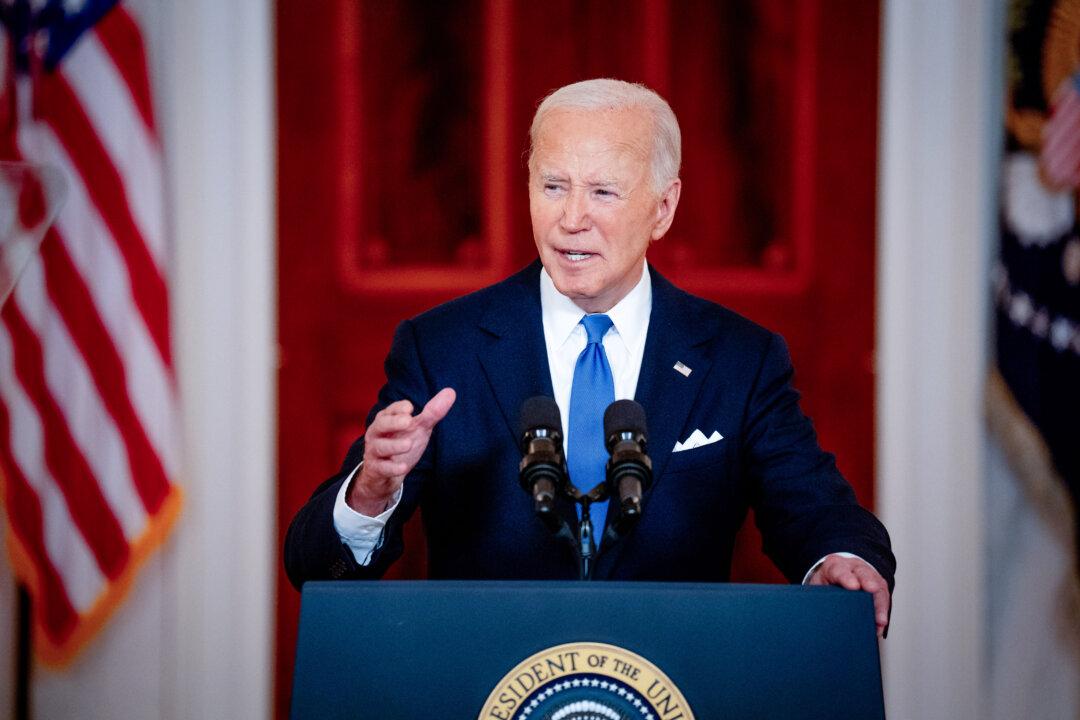President Joe Biden said Aug. 11 that a hostage cease-fire deal between Israel and the Hamas terrorist group is possible but warned that the conflict could “easily” escalate.
During an interview with CBS News, the president said the deal is “still viable” and that he wants to execute a plan that was endorsed by the Group of Seven wealthy nations along with the U.N. Security Council.





